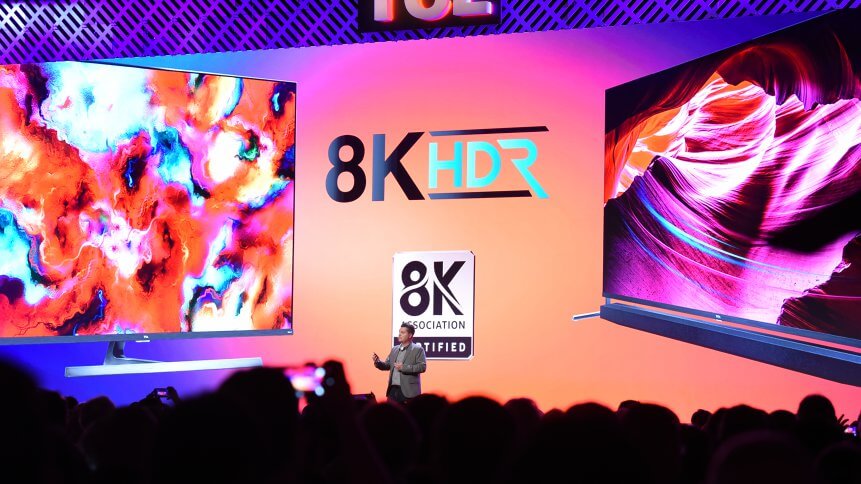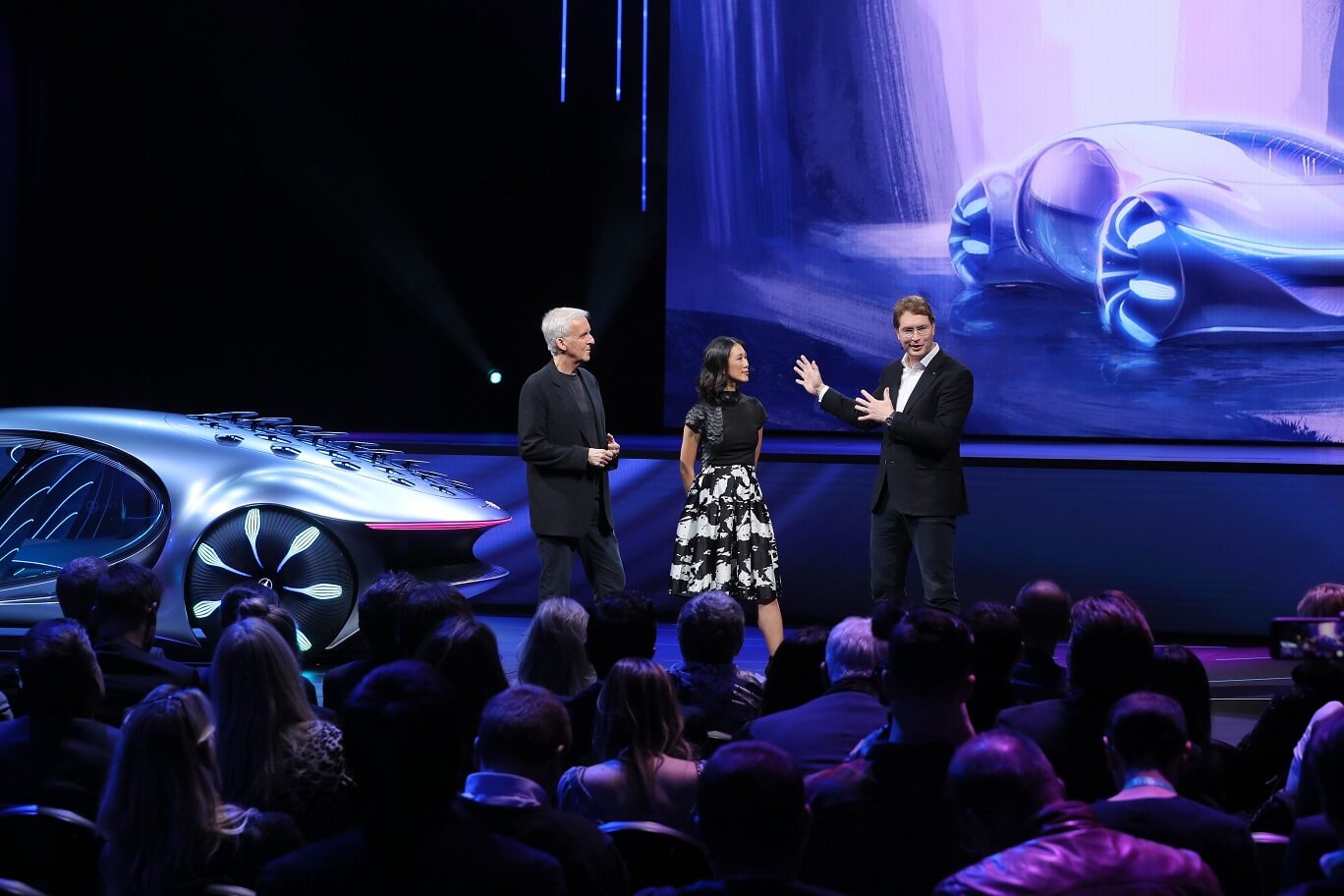CES 2020: Couldn’t we put tech to better use?

The end of the holiday season means one thing to those working in tech. It is once again time for 175,000 people from 165 countries flock to Las Vegas for the annual Consumer Electronics Show (CES).
Over the course of this week, more than 4,500 global companies and tech startups will attempt to wow crowds with new, innovative tech. Journalists, meanwhile, are tasked with desperately trying to find the ‘next big thing’ hidden with some 2.9 million net square feet of exhibition space.
There is an argument that tech events such as CES are falling out of touch with the global community. Eco-friendly customers are cutting back on their use of plastics and stepping up to their responsibilities of protecting the planet in which we all reside.
As rising temperatures and fires continue to ravage Australia, we have undoubtedly entered a critical decade in which we must think differently and focus on real problems. A united world against the effects of climate change and focus on reducing carbon emissions is rightly dominating conversations.
Has the tech industry lost its focus?
The tech industry should be a new frontier for sustainability, helping people do more with less. By contrast, CES headlines are focused on Samsung’s Ballie, a tennis ball-like robot that beeps and rolls around following its owner, and captures “special moments”— just don’t ask it to climb stairs.
As fires twice the size of Belgium continue to burn on one side of the world, on the other, crowds are getting excited about Charmin’s Bluetooth-controlled robot bear that can bring its owner a spare toilet roll.
Elsewhere, Apple CEO Tim Cook was left red-faced at the Golden Globes; in what should have been a proud moment for Apple TV Plus with ‘The Morning Show’ picking up three nominations for awards, comedian Ricky Gervais introduced the show as “a superb drama about the importance of dignity and doing the right thing, made by a company that runs sweatshops in China.”
#goldenglobes2020
Tim Cook:
“Don’t mention the sweatshops.
Don’t mention the sweatshops.
Don’t mention the sweatshops.”
Ricky Gervais: pic.twitter.com/4q0BHDsA1N— OoO (@ultradesign_be) January 6, 2020
Just like Hollywood, the tech industry claims to be ‘woke’, but is it also guilty of creating more problems than it’s solving? Many of the products vying for our attention at CES 2020 will never be seen again. Could the disconnect between the show floor at CES and the consumers they are targeting be bigger than they realize?
Business lessons from CES
CES offers a few lessons to business leaders around the dangers of becoming distracted by shiny new technology and falling into the trap of innovation for innovation’s sake. Before tech even enters the conversation, teams should be identifying the problem first, and then develop a technological solution.
It can be challenging to maintain this discipline in a digital world where every company is or feels it needs to be, a tech company. Although CES is aimed at the consumer market, it also highlights the need for something similar for businesses and governments around the world.
Imagine an event where the best minds in tech showcase real-world solutions to problems affecting the global community. Somewhere where government and business leaders explore, invest, and promote the best innovative solutions from around the world.
That has to be more progressive than Alexa-equipped showerheads, rotating TVs and foldable laptops, right?
YOU MIGHT LIKE

Sony chief says mobility will be 2020 tech ‘mega-trend’
Why businesses need to chase the solution, not the tech
Businesses need to get back to chasing the solution and not the next big thing in tech. But where do they begin when news from CES promotes technology solutions in search of a problem?
Try not to get too distracted or discouraged when reading about smart diapers, virtual car visors, and a robot cat waiter.
Equally, don’t rush into an all singing and dancing solution in your business that leverages AI and machine learning without understanding what problems you want to solve.
Despite its misleading title, digital transformation is not even about technology either.
All too often, these projects begin with something like, “Our company needs an AI strategy.” However, it should always start with a business strategy before choosing a digital tool to bring your vision to life.

Daimler unveils a Tron-like concept car at CES 2020. Source: CES
Why CES is sending out the wrong message
My biggest gripe with CES is that it sends out the wrong message to both businesses and consumers. After a long list of privacy scandals and security breaches, there is an increasing awareness around tech’s responsibility towards privacy.
However, it seems that almost every new product coming out of the tech event has a camera, face scanner, or microphone.
But nobody is asking the implications of the vast number of images they are collecting. Could we be sleepwalking our way into a world of unfettered surveillance technology? And what are the future implications for businesses that fail to take this responsibility seriously?
The good news is that the C-suite is waking up to the fact that environmental, social, and governance issues will affect their bottom line. I remain optimistic that a new form of hybrid Intelligence will combine the best of human and artificial intelligence to start solving real problems collectively.
A hybrid approach will undoubtedly be at the heart of the new innovative solutions that will build a better tomorrow for our lives, business, and, indeed the world. But this is one story you won’t hear from the show floor at CES.







